Theories of Learning
by Jill Pears

1. Social Constructivism
1.1. Vygotsky
1.2. learning as a social process
1.3. learning process mediated through social constructs
1.4. zone of proximal development
1.5. both teachers and learners active in the process of learning
1.6. situated learning
1.7. learning communities
1.8. communitites of practice
1.9. learning distributed across individual, tools and others
1.10. active engagement
1.11. knowledge construction model
1.12. inquiry learning
2. Knowledge creation
2.1. creating of new knowledge
2.2. innovation
2.3. development of knowledge through individual, social and cultural interactions
2.4. active engagement
3. Stages
3.1. Behavioursim
3.2. Cognitive/Constructivist
3.3. Social Cognitist/Constructivist
3.4. Knowledge Creation
4. Behavioural Theories
4.1. Pavlov/Skinner/Thorndike
4.2. response based
4.3. classical conditioning
4.4. operant conditioning
4.5. learners passive
4.6. assessed through observable behaviour change
4.7. focus on content
4.8. research based in laboratories
4.9. knowledge acquisition
4.10. transmission model
5. Constructivism
5.1. Piaget
5.2. learners active involvement in the learning process
5.3. knowledge construction
5.4. learning strategies and metacognition
5.5. current knowledge/understanding impacts new knowledge/understanding
5.6. learning situated in how and where it is used
5.7. knowledge construction model


